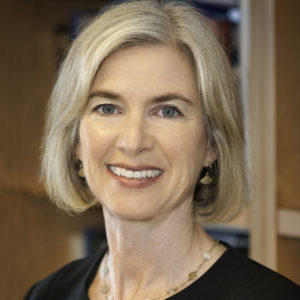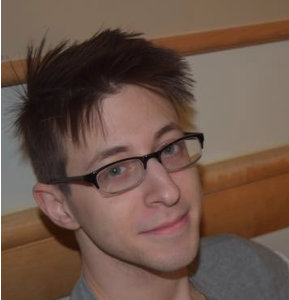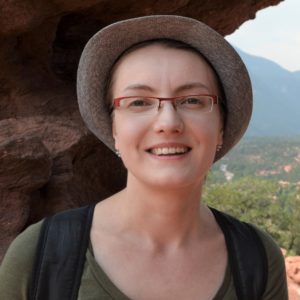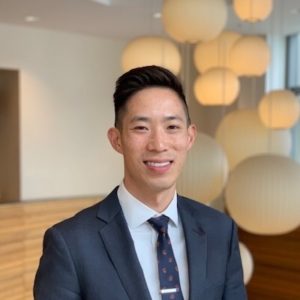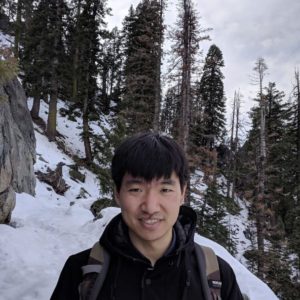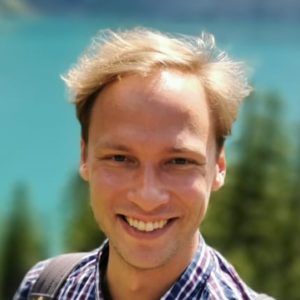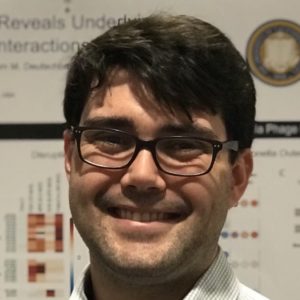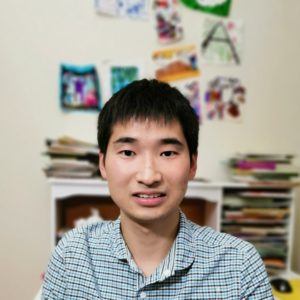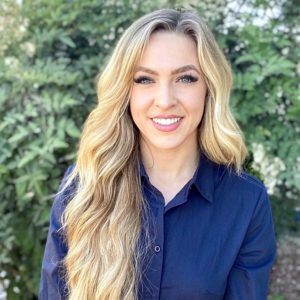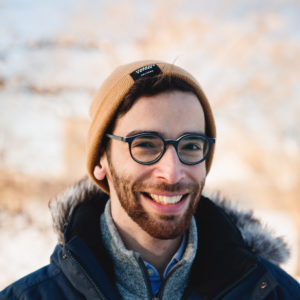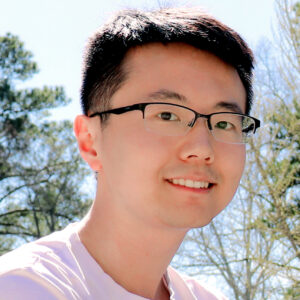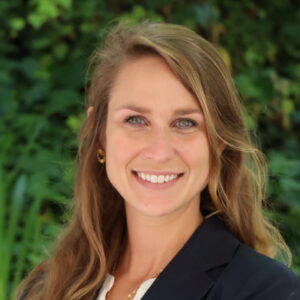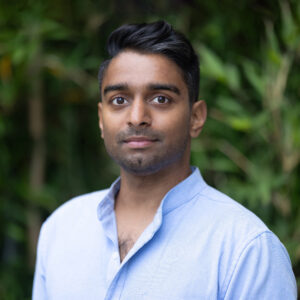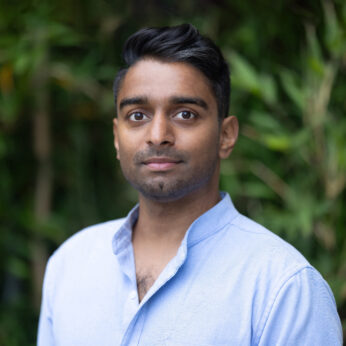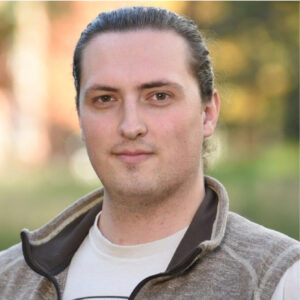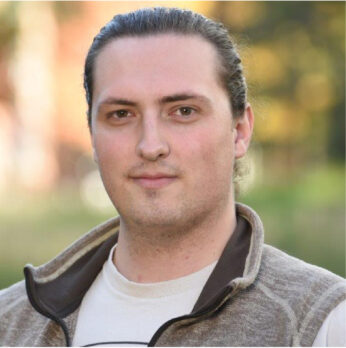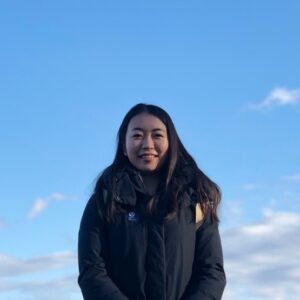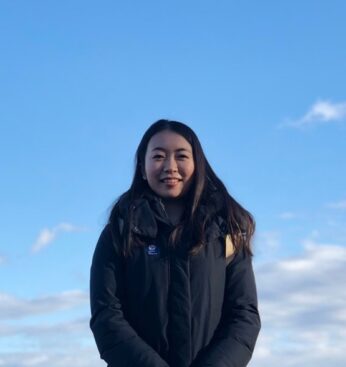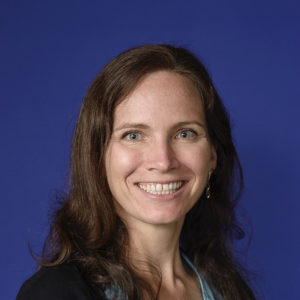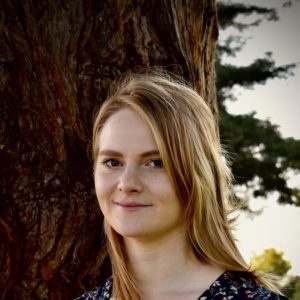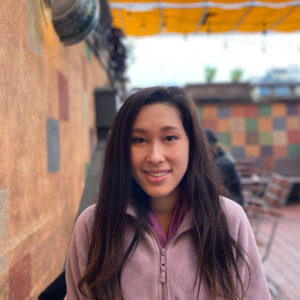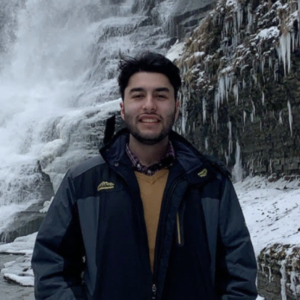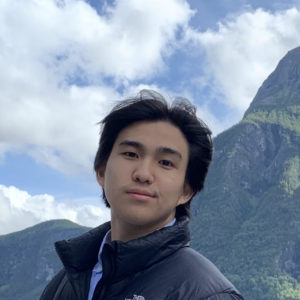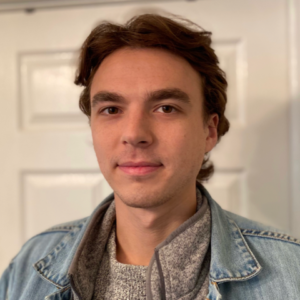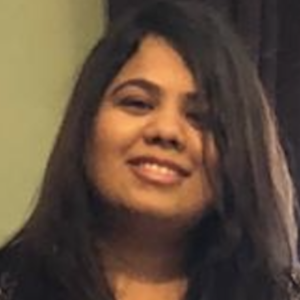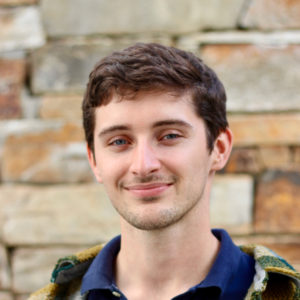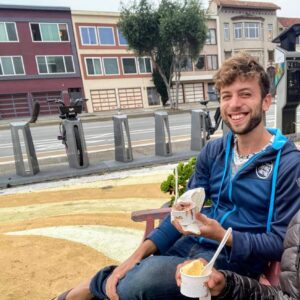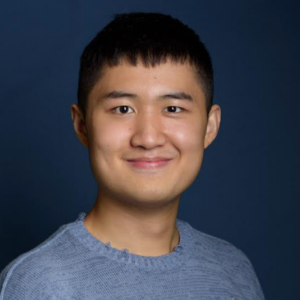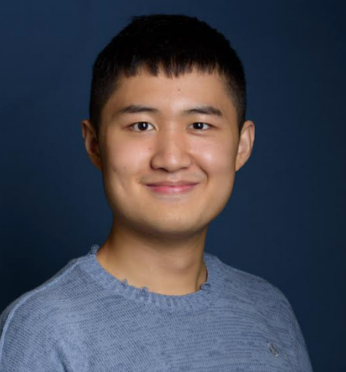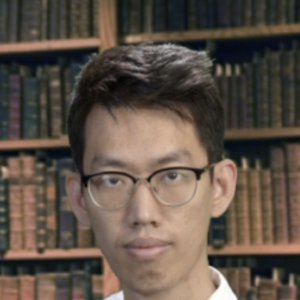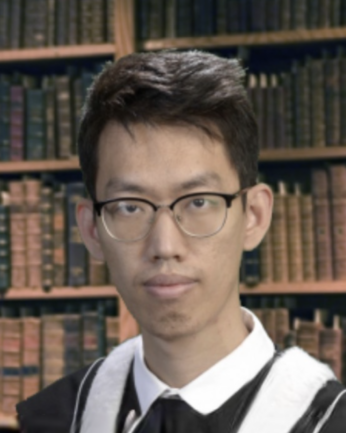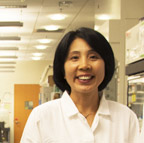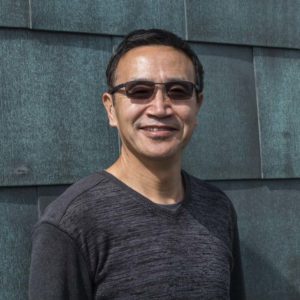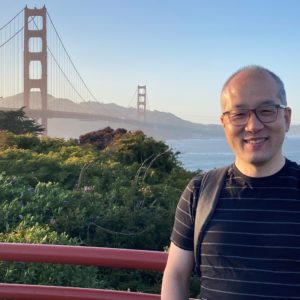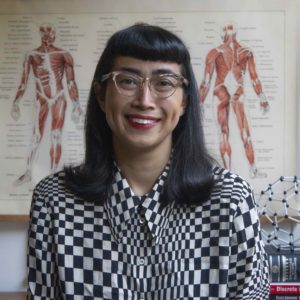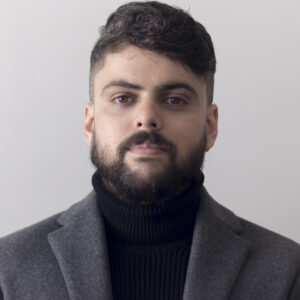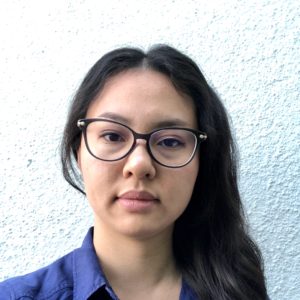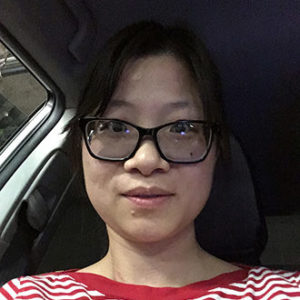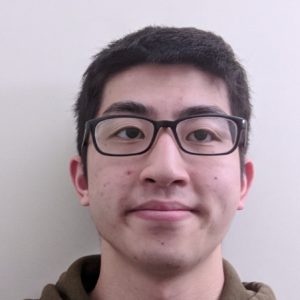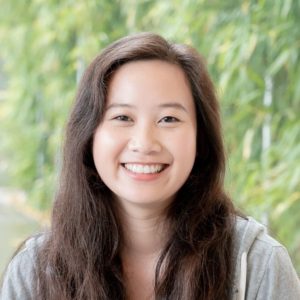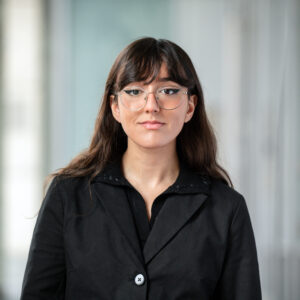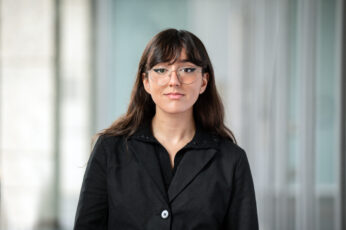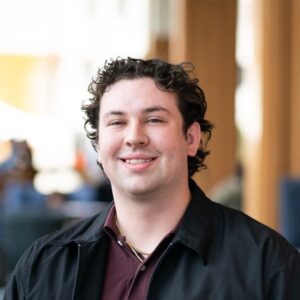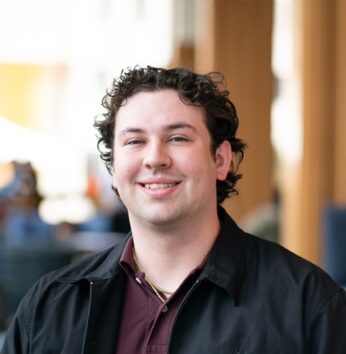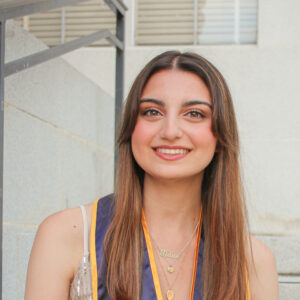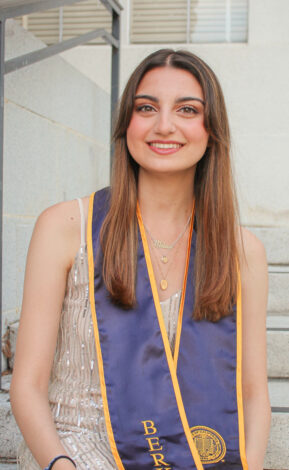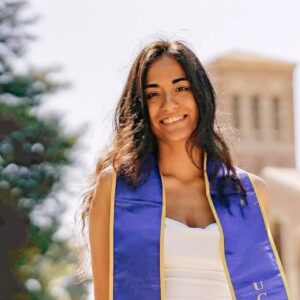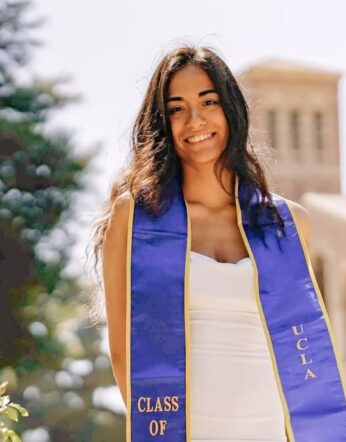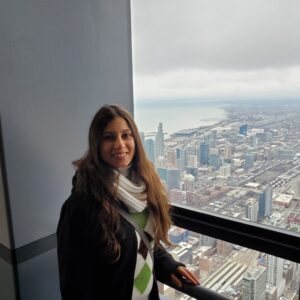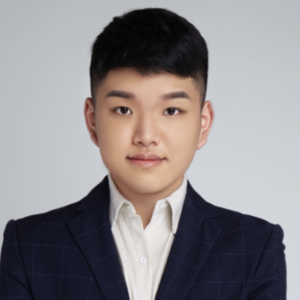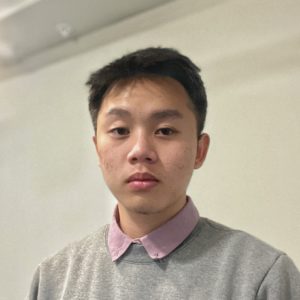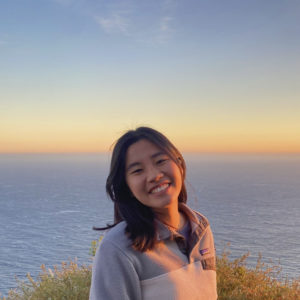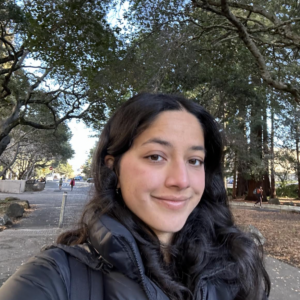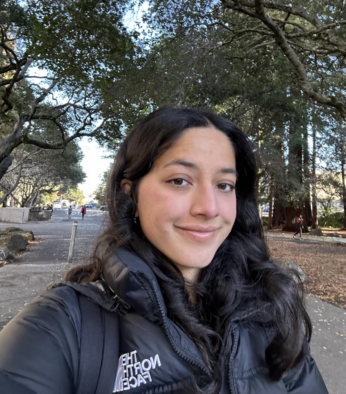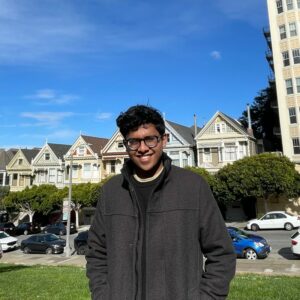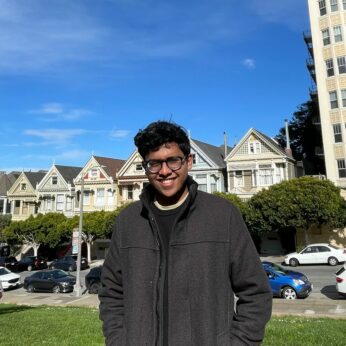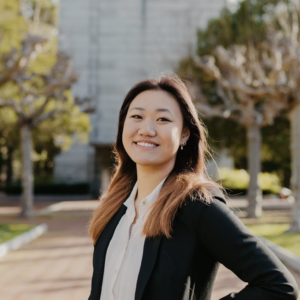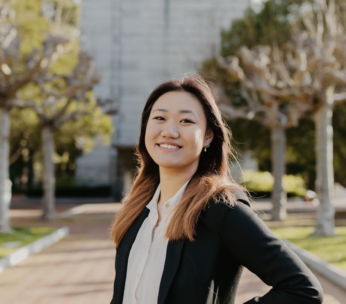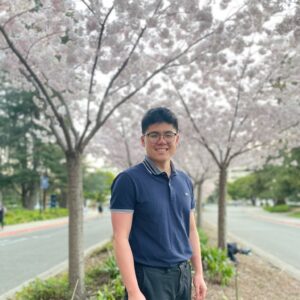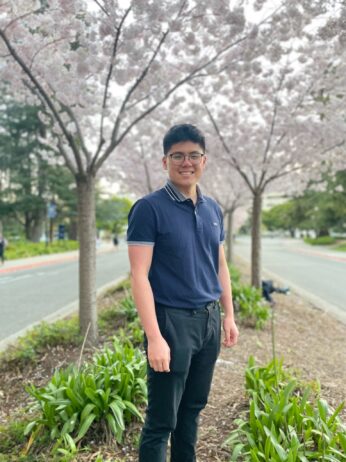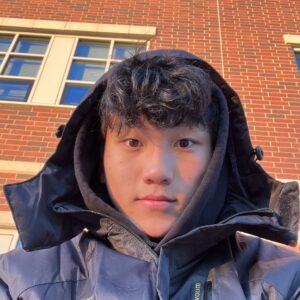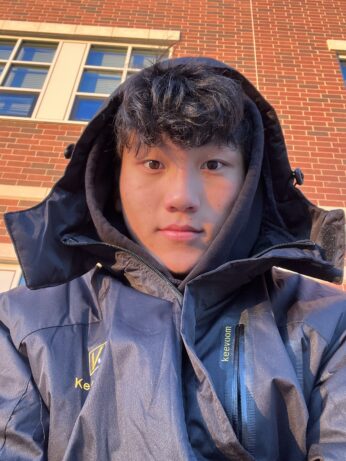Principal Investigator
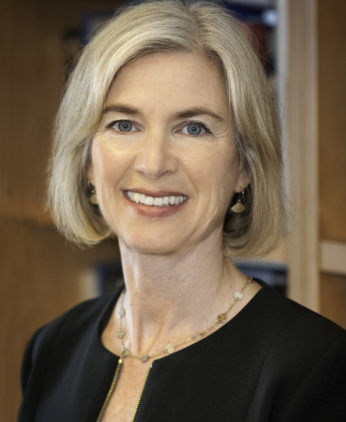
Dr. Jennifer Doudna is a member of the departments of Molecular and Cell Biology and Chemistry at UC Berkeley, the Howard Hughes Medical Institute, and Lawrence Berkeley National Lab, along with the National Academy of Sciences, and the American Academy of Arts and Sciences.
Biographical Highlights:
- Fellow, American Academy of Arts and Sciences (2003)
- Professor of Biochemistry and Molecular Biology, Department of Molecular and Cell Biology, the University of California, Berkeley (2003)
- Professor of Biochemistry and Molecular Biology, Department of Chemistry, the University of California, Berkeley (2003)
- Faculty, Biophysics Graduate Group, the University of California, Berkeley (2003)
- Faculty Scientist, Physical Biosciences Division, Lawerence Berkeley National Laboratory (2003)
- Member, National Academy of Sciences (2002)
- Member, Board of Trustees, Pomona College (2001)
- American Chemical Society Eli Lilly Award in Biological Chemistry (2001)
- R. B. Woodward Visiting Professor, Harvard University (2000-2001)
- Alan T. Waterman Award (2000)
- Investigator, Howard Hughes Medical Institute (1997)
- Searle Scholar, Kinship Foundation’s Searle Scholars Program (1996)
- Henry Ford II Professor of Molecular Biophysics and Biochemistry, Center for Structural Biology, Department of Molecular Biophysics and Biochemistry, Yale University (1994-2002)
- Lucille P. Markey Scholar in Biomedical Science, University of Colorado (1991-1994, Dr. Thomas R. Cech)
- Postdoctoral Research Fellow, Molecular Biology, Massachusetts General Hospital and Harvard Medical School (1989-1991, Dr. Jack W. Szostak)
- Ph.D. Harvard University (1989, Dr. Jack W. Szostak)
- B.A. Pomona College (1985, Dr. Sharon M. Panasenko)
Feel free to use this short bio and picture for announcements.
Postdoctoral Associates
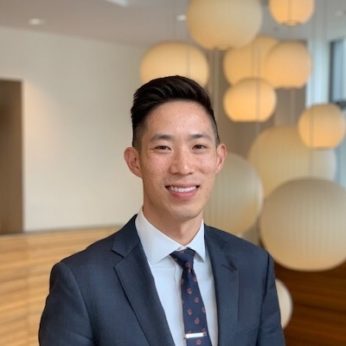
Matt is a clinical fellow in allergy and immunology at University of California, San Francisco (UCSF). He has been studying the immune system since he was an undergraduate at Harvard University, where he worked on the role of NKT cells in asthma with Dale Umetsu. He received his MD and PhD in immunology at Duke University in the labs of Carol Colton and Michael Dee Gunn, where he identified a novel immune-mediated mechanism in the pathogenesis of Alzheimer’s disease that is being explored in a clinical trial. Matt studied computational immunology during a postdoctoral fellowship with Atul Butte at UCSF and completed his residency training in pediatrics at UCSF. His clinical focus is on inborn errors in immunity and he is designing CRISPR/Cas-based gene therapy for patients with primary immune deficiencies.
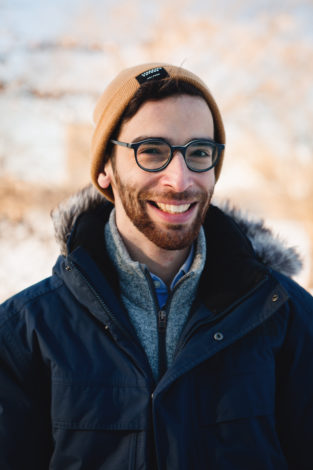
Jason is a postdoctoral fellow at the Gladstone Institutes studying SARS-CoV-2 proteins and protein structures. He received his PhD in virology at Harvard, where he studied tumor microbiomes and viral transcriptomes in the labs of James DeCaprio and Matthew Meyerson.
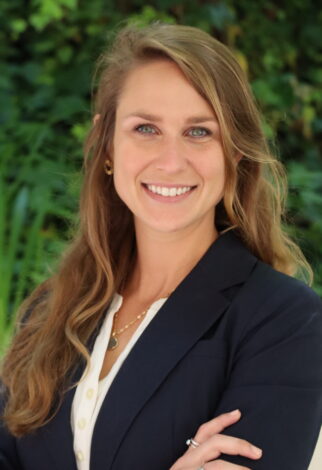
Amanda is a postdoctoral scholar working jointly with the Rubin and Doudna lab on the BiomeForge project to develop and apply microbiome editing tools in environmentally relevant microbial communities. As a joint PhD student at San Diego State University and the University of California San Diego, Amanda established genetic tractability in several environmental isolates of marine bacteria important for symbiosis. She is now applying microbial community editing techniques to lignin degrading bacterial communities with support from JBEI. Furthermore, she aims to improve the maintenance and enrichment of successfully edited microbes in this system by establishing methods for positive metabolic selection.
Wayne is a postdoctoral scholar at the California Institute for Quantitative Biosciences studying the targeting of CRISPR-Cas delivery vehicles. He aims to deliver CRISPR-Cas systems to specific tissues for therapeutic applications. Wayne received his Ph.D. in biomedical engineering at the University of Toronto, where he studied the delivery of nanoparticles to solid tumors with Prof. Warren Chan.
Graduate Students
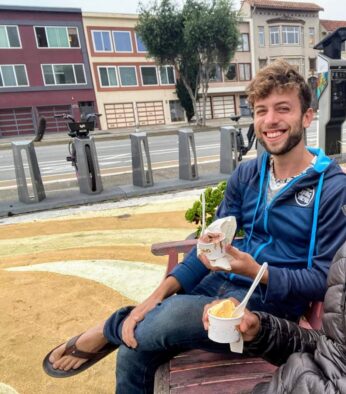
Ron is a Biophysics PhD student in the Doudna Lab, interested in computation and biology. Previously, Ron was a research scientist at GoogleX, where he led projects and research spanning life sciences, machine learning, and quantum computing. He helped build the machine learning team at System1 Biosciences, leading the analysis of multi-omics and imaging datasets to identify phenotypes of neuropsychiatric diseases in cerebral organoids. He earned his BS and MS in Biomedical Engineering and Computer Science at Johns Hopkins University, where he conducted machine learning research as part of the VisionLab and started the nonprofit MedHacks.
Staff
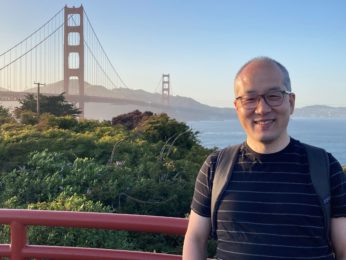
As a senior research scientist, I have extensive biological research experiences in molecular and cellular biology in plants, E. coli, yeasts, viruses, mammalian, and human diseases such as autoimmune, glaucoma and hyperbilirubinemia. This has increased my ability to perform many different types of research approaches. With this vast experience, I have joined Dr. Doudna’s lab as a project scientist in order to accomplish my career goal that is to contribute my experience to improve gene therapy through gene editing such as CRISPR-CAS9.
In this lab, I will focus on the in vivo CRISPR-CAS system by which we will figure out how to deliver our gene therapy complex to tissues/organs, specifically and precisely.
In addition, I have realized that people working together is most important. So I have a motto ‘work together, make together’ is the best way to move forward and make good progress. Furthermore, I always keep in mind for work progress ‘Let it happen? Make it happen!
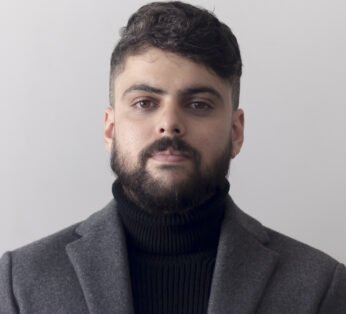
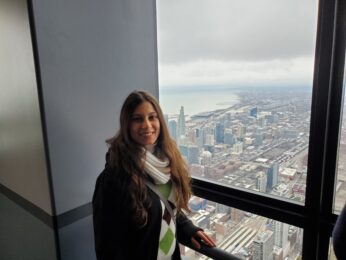
Rania as a Research Associate in Doudna’s Lab is thrilled to be working on genome editing technologies. She has received her Master of Biotechnology degree from California State University, Fresno, CA and has seven years of Molecular Biology experience in academia, R&D industry, and clinical laboratory settings. In this position, Rania will have the opportunity to improve the delivery of CRISPR-CAS system in vivo as a gene therapy to tissues and organs
Undergraduate Students
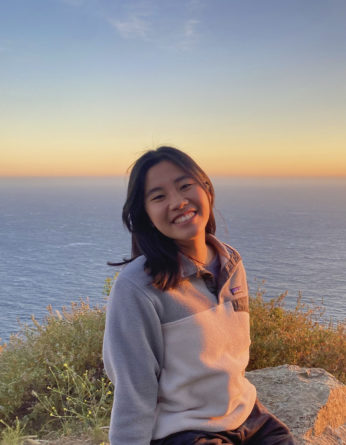
Alana is an undergraduate at UC Berkeley (’25) studying Molecular and Cell Biology with an intended emphasis in Genetics, Genomics, and Development. She grew up in Los Angeles and currently lives in Taiwan, but the Bay Area is her favorite place to live so far.
Visiting Scholars
Alumni
Former Postdoctoral Associates
In Memoriam of Fuguo Jiang; Assistant Professor, UT MD Anderson Cancer Center, Jiang Lab
Assistant Adjunct Professor, Department of Cellular & Molecular Pharmacology, School of Medicine, University of California, San Francisco; Staff Research Investigator, Gladstone Institutes
Assistant Professor of Biological Chemistry, Johns Hopkins University School of Medicine

